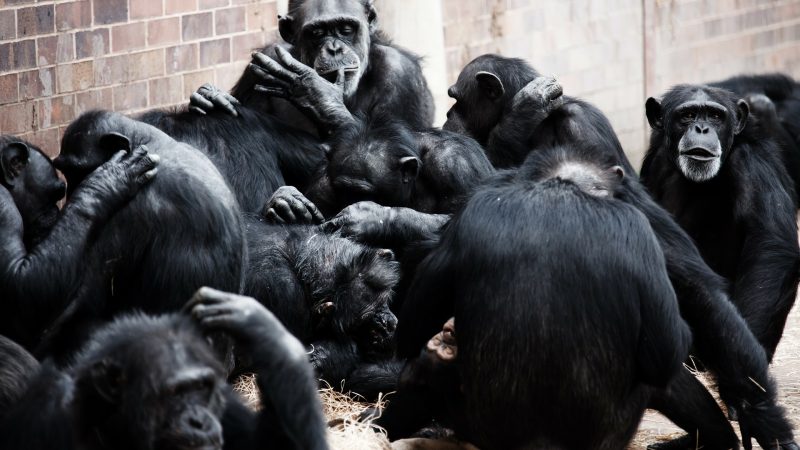Series on Good and Evil
Have you ever thought about any of the following questions: What is the origin of good and evil? Who or what defines when actions are considered good or evil? Should we use good and evil as terms that help us define moral responsibility? Are people born good or evil? Should our society stop using the terms good or evil? Are “evil” actions “good” for the future of humanity and vice-versa? What are the motivations for a person to perform a good or evil action? Should our governments and other institutions have a say on those definitions? All these questions and more will be the ones that PHILOSOFO will try to answer in a series of blog entries. On this particular entry, we will tackle the first question:
What is the origin of good and evil?
This question could be interpreted in at least two ways depending on your existing philosophical position regarding the concepts of good and evil. The first interpretation would be: “What is the origin of good and evil in the universe?” This interpretation assumes that good and evil are things on themselves, not only concepts but that they do exist independently of humans. The second interpretation would be: “What is the origin of the terms good and evil?” Assuming that good and evil are nothing more than linguistic descriptions. This entry will explain the second interpretation of the main question, and will try to suggest of provide arguments against the first interpretation.
Thus, to answer the second interpretation, we will have to go back in time. Imagine the days of one of our early ancestors, the homo erectus. The homo erectus was one of the first hominin to live in a hunter-gatherer society, and they were socially similar to modern humans. Based on the way their society was structured, the homo erectus had to develop new social rules that would allow them to thrive and survive. Like other species, the homo erectus inherited some of their social rules from previous generations. Those inherited social rules could have included basic moral principles such as “do not kill a member of your own tribe”, “do not steal from other members of your own tribe”, etc. Now you may ask yourself. How did the homo erectus inherit those social rules and what defined them in the first place? Well, if we go back even further to when we and the chimpanzees shared the same common ancestor (several evolutionary steps before), you will start to realize that our common ancestor, like us, also inherited a set of social rules from its previous generations. Through natural selection, species favor traits that allow them to succeed and adapt to their environment. As those traits become critical for the success and survival of the species, they eventually become encoded into their genetic footprint. Social rules were no different than any other adaptation. Eventually, they too became ingrained into the genetic footprint of our common ancestor. That is why modern humans still carry some of those same social rules or traits that helped our previous ancestors to survive.
Now that we understand how we inherited social rules or moral values and the method that we use to discern between different human actions, let’s discuss about good and evil as just mere linguistic descriptions of a specific set of actions. As we evolved, we eventually developed language as a way of communication and to provide descriptions to human behavior. In the early days of language, we needed a more primitive way of defining actions that promote social cohesion and the ones that do not. Hence, the invention of terms that would generalize, “good” or actions that promote social cohesion and “evil” or actions that do not. The delimitation of the actions themselves are the traits that we inherited from our previous ancestors. That is why most humans in modern society agree on several moral values such as honesty, integrity, fairness, etc. The inclusion of those terms into our primitive language allowed our ancestors to communicate and pass on to future generations which actions would be promoted by their society and which actions would be punished. Furthermore, those moral values have allowed our species to survive and have become ingrained into our genetic footprint.
Hence, we can conclude that we invented the terms good and evil as a linguistic delimitation to a set of specific behaviors which either benefit or harm the future survival of our own species and that humans inherited social rules or moral values from previous generations and that is what we use as a basis to discern between “good” and evil” actions.
If we assume that above hypothesis to be true, we could start asking more provocative questions such as: Are the genetic moral values that we have acquired from our ancestors still valid for our modern society or should we completely start rethinking our moral values?

